
10 Fascinating Facts About Dolphins
Dolphins have long captured our imaginations with their intelligence, playfulness, and grace in the ocean. These remarkable marine mammals are much more complex than they appear on the surface. Here are 10 fascinating facts about dolphins that will deepen your appreciation for these incredible creatures.

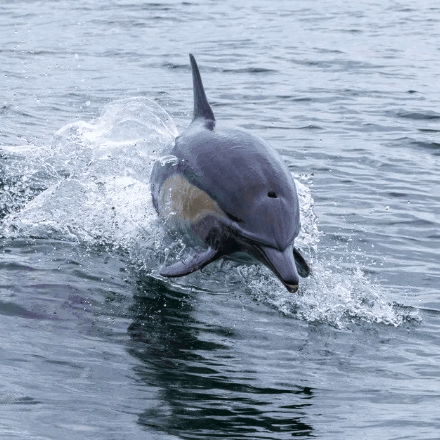
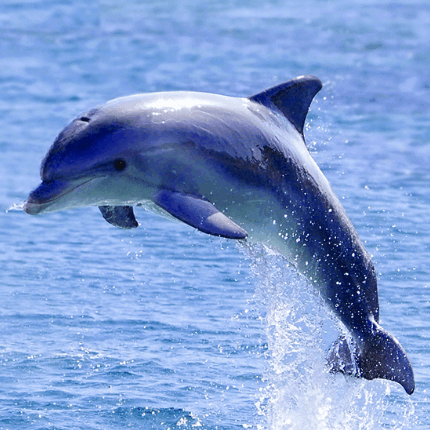
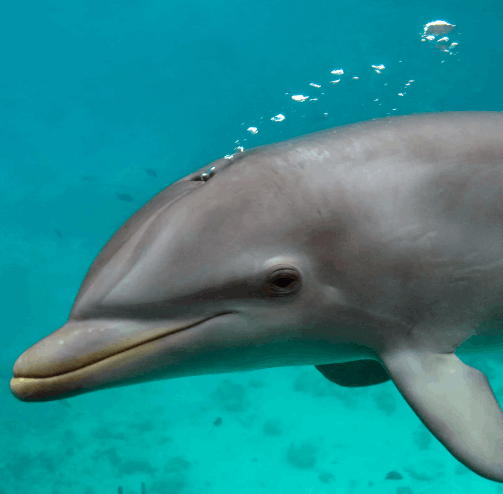



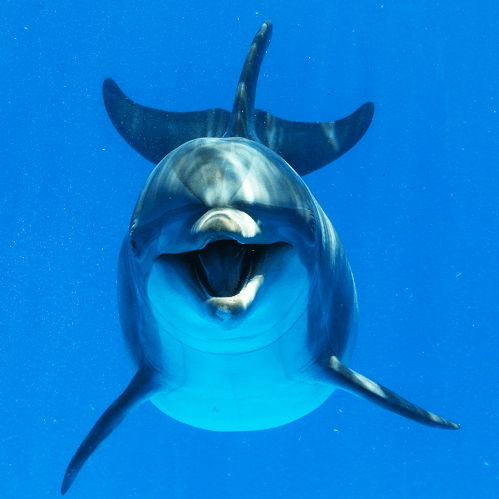
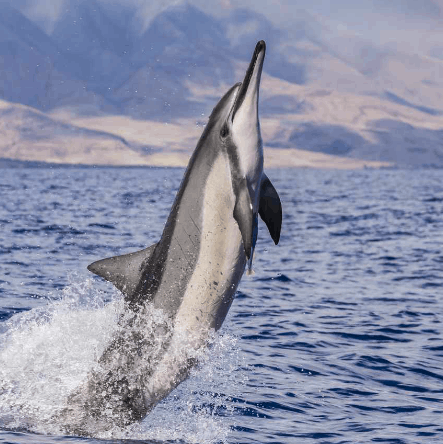

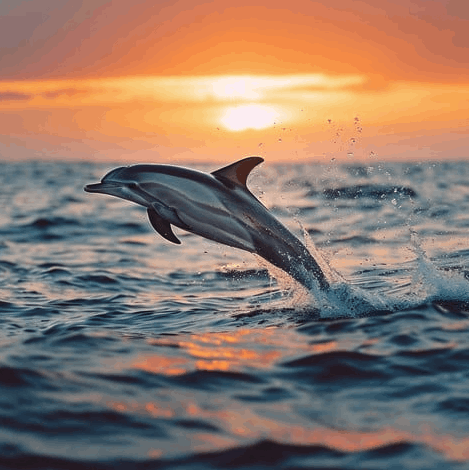
Follow Us